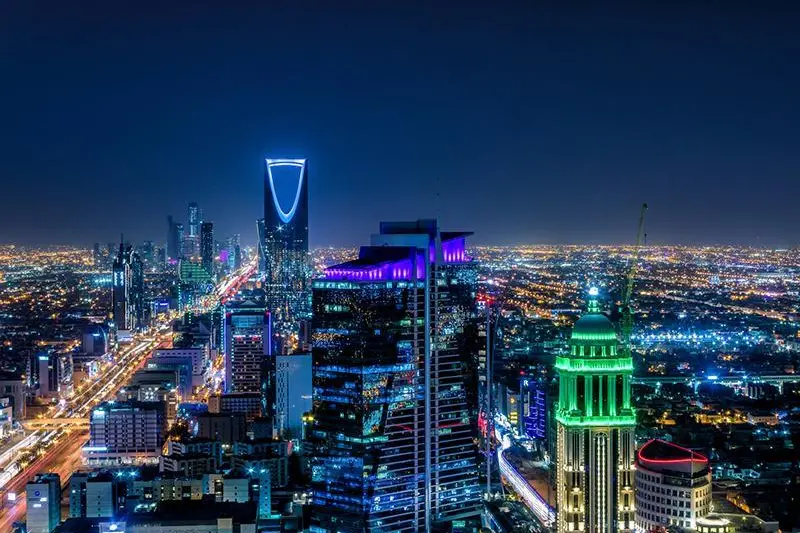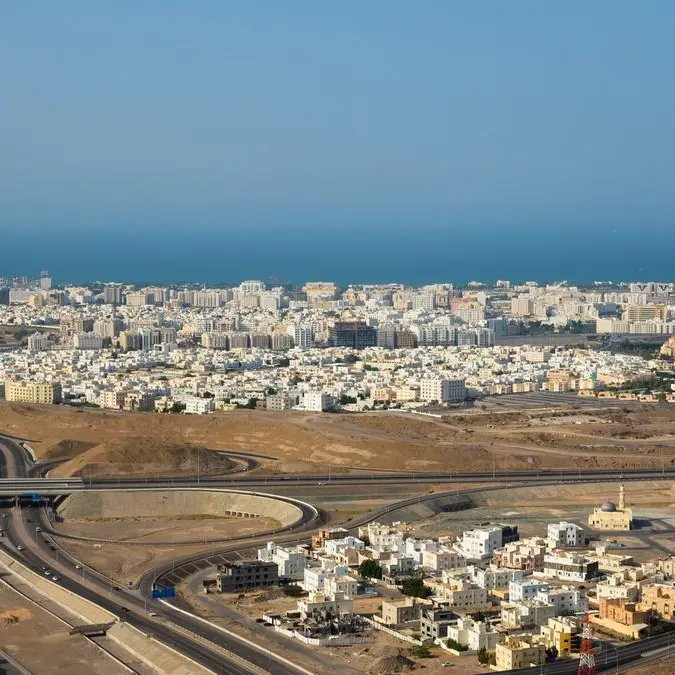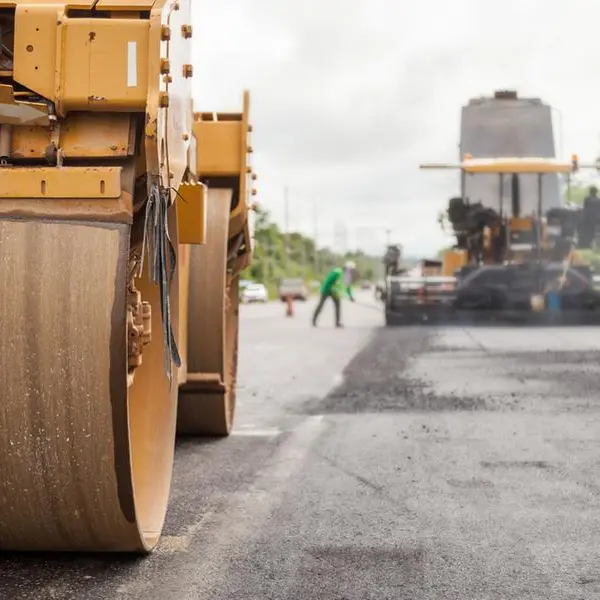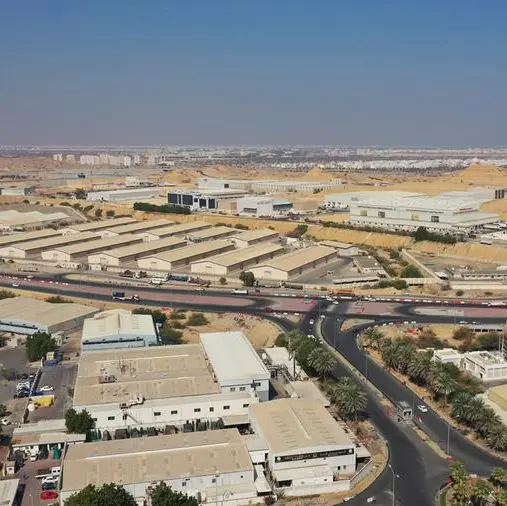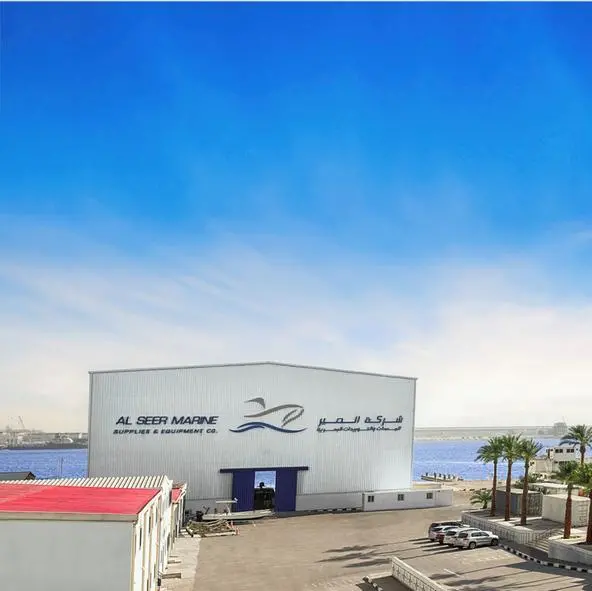PHOTO
The Saudi Ministry of Finance’s budget statement for fiscal year (FY) 2023 disclosed expenditures for key projects and programmes in each sector.
Zawya Projects highlights the proposed projects and programmes in some sectors, with the Kingdom earmarking over 1.141 trillion Saudi riyals ($303 billion) in expenditure for next fiscal year.
Economic resource: SAR72 billion
-Building a disaster recovery centre to restore services and business to ensure business continuity
-Achieving financial savings of SAR30 billion by raising the efficiency of CAPEX and OPEX for projects in cooperation with government entities
-Development of industrial sites for the Royal Commission for Jubail and Yanbu with an area of about 8 million square metres (sqm) to attract industrial investments
-Establishing 105 ready-built factories factories in Jazan Industrial City, Qassim Industrial Oasis and Dammam Second Industrial City to complete the infrastructure services of industrial cities
-Supporting basic supply chains of the aviation industry by developing 10 promising investment opportunities
-Implementing a national strategy for petrochemicals to convert 4 million barrels per day of petroleum and gas liquids into petrochemicals inside and outside the Kingdom
-Developing 10 renewable energy projects with an estimated capacity of 7 gigawatts (GW)
-Construction of 33 dams with a storage capacity of 507 million cubic metres in addition to drilling 19 wells in various regions
-Establishing a regional centre for climate change in Jeddah
Housing, infrastructure and transportation: SAR34 billion
-Serving more than 120,000 families through the ‘Sakani’ national housing programme
-Increasing the capacity of data centres and cloud services from 98.12 megawatts (MW) in third quarter of 2022 to 150 MW by the end of 2023
-Deployment of electronic gates to complete travel procedures at several airports in the Kingdom
-Launching 12 [digital] platforms to enhance the quality and competitiveness of logistics services and raise the efficiency of the movement of goods
-Increasing freight capacity through railways to 12.8 million tonnes and 800,000 TEUs to reduce the cost and duration of transportation, develop the industrial sector, link various cities and ports in the Kingdom and reduce carbon emissions
-Reducing carbon emissions by 36,000 tonnes from land transportation by increasing movement by rail
Municipal services: SAR 63 billion
- Completing the development of parks with a total area of 910,364 sqm and residential neighborhoods with gardens and squares of 12 km
-Developing Al-Khobar Corniche as a standard environment-friendly beach for the first time in the Kingdom
-Completing the third phase of the investment infrastructure development strategy by setting up 5 new companies as investment arms of municipalities
-Developing and updating local and regional lots, preparing urban codes for five regions and 45 governorates, establishing design studios for urban codes in municipalities. [Urban Codes provide greater urban design guidance and support to spatial planning strategies, policies, and regulations]
-Development of a comprehensive strategic plan for valley [run offs] and torrents within urban areas in all cities and governorates
Meanwhile, the budget has allocated SAR189 billion each for the health and social development and education sectors.
(1 US Dollar = 3.76 Saudi Riyals)
(Writing by D Madhura; Editing by Anoop Menon)
